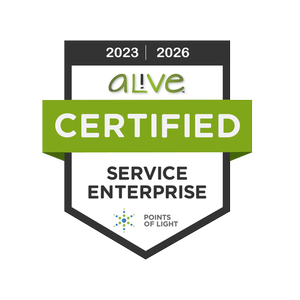30 years ago this month, 24 men made a decision that changed their lives.
The residents of a Bethesda Project community, now known as Bethesda Sanctuary, entered a pact to stay sober -- together. Until that moment, members of the household frequently would relapse, return home intoxicated, and go to their rooms to sleep it off. If a resident wanted to get sober, he was free to attempt abstinence on his own, but invariably he would be discouraged by his housemates’ lax behavior and relapse again.
Gradually, it became clear that if any one person was to recover, he would need the support and encouragement of the entire community. The residents knew they couldn’t change their South Philly neighborhood, but they could change life within their home. After six months of weekly discussions — with the understanding that the decision must be unanimous — the 24 men agreed their home should become a ‘sober house.’
With this new structure, intoxicated residents would no longer go to their rooms. Instead, men would lose that room and return directly to an emergency shelter. There, they would get in line again and wait for a housing placement. In this decision, they showed it that even if the change of structure was not for themselves, the change would help those who wanted and needed sobriety. Even though doing this might put their own bed at risk, the group took an unusually courageous act for men suffering from alcohol addiction to create a healthy and safe living environment geared towards recovery and accountability.
Since 1990, the basics of addiction treatment have improved and increased, but two things remain the same: the desire not to drink and the need for communal support in recovery. Bethesda Project found this out 30 years ago and carved the way for countless guests and residents to find their voices and make necessary changes to help themselves succeed.






